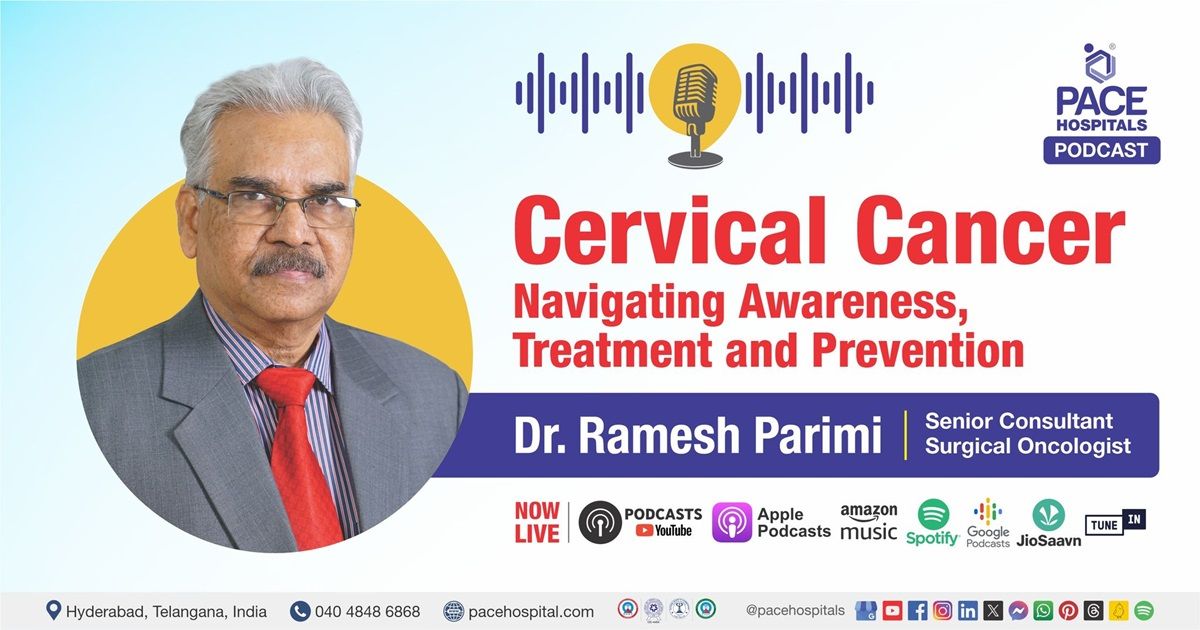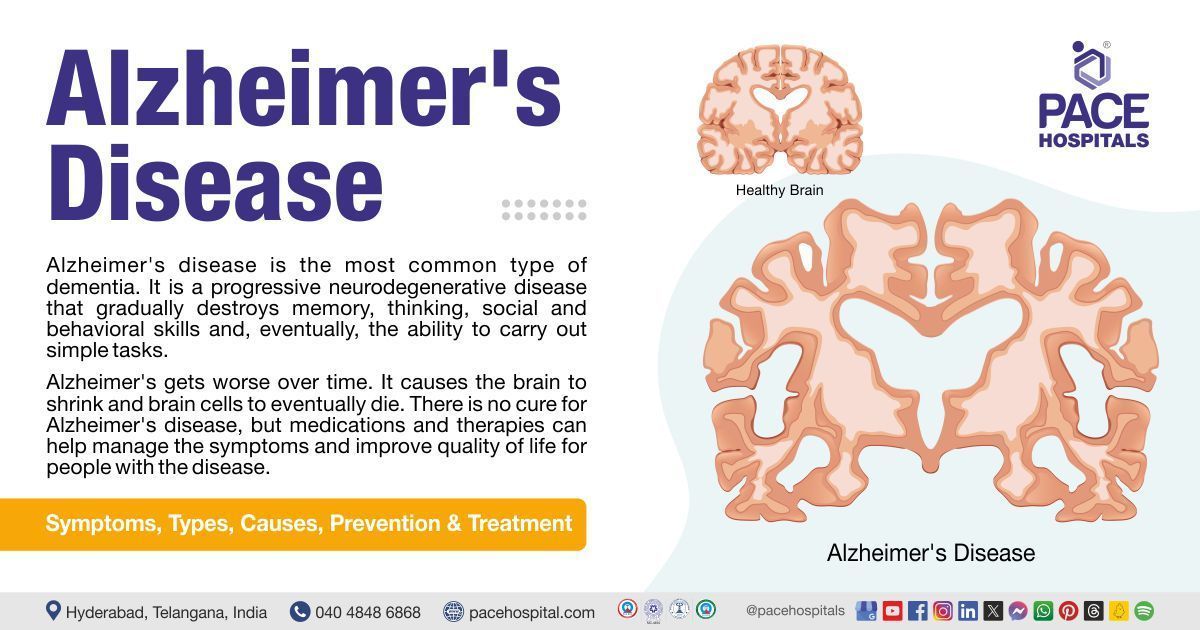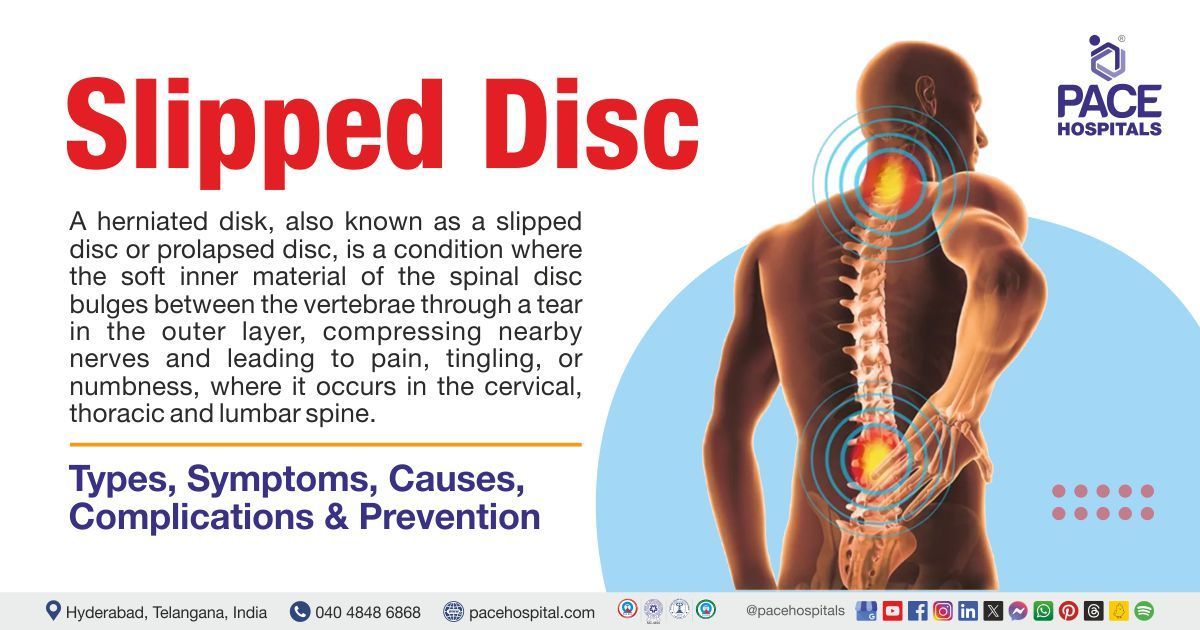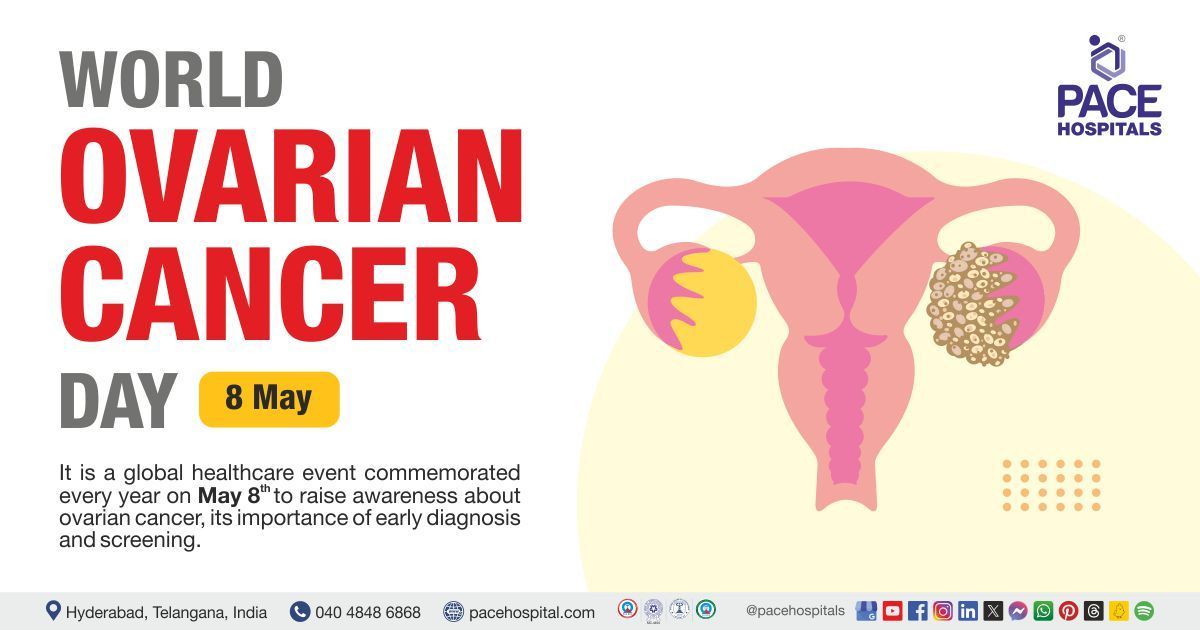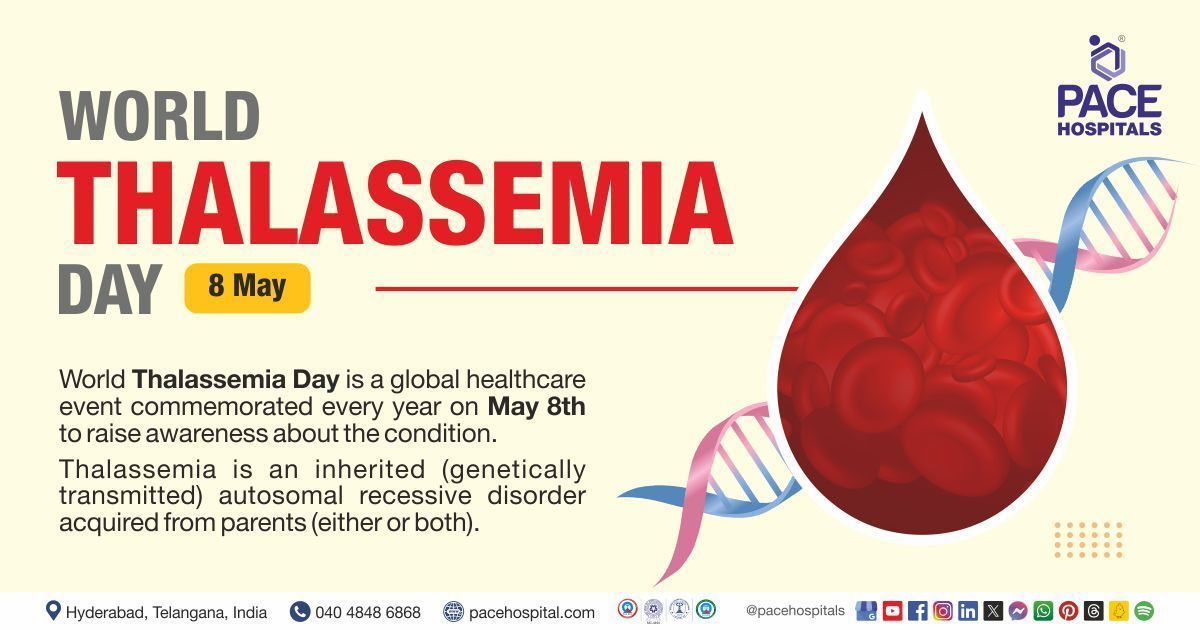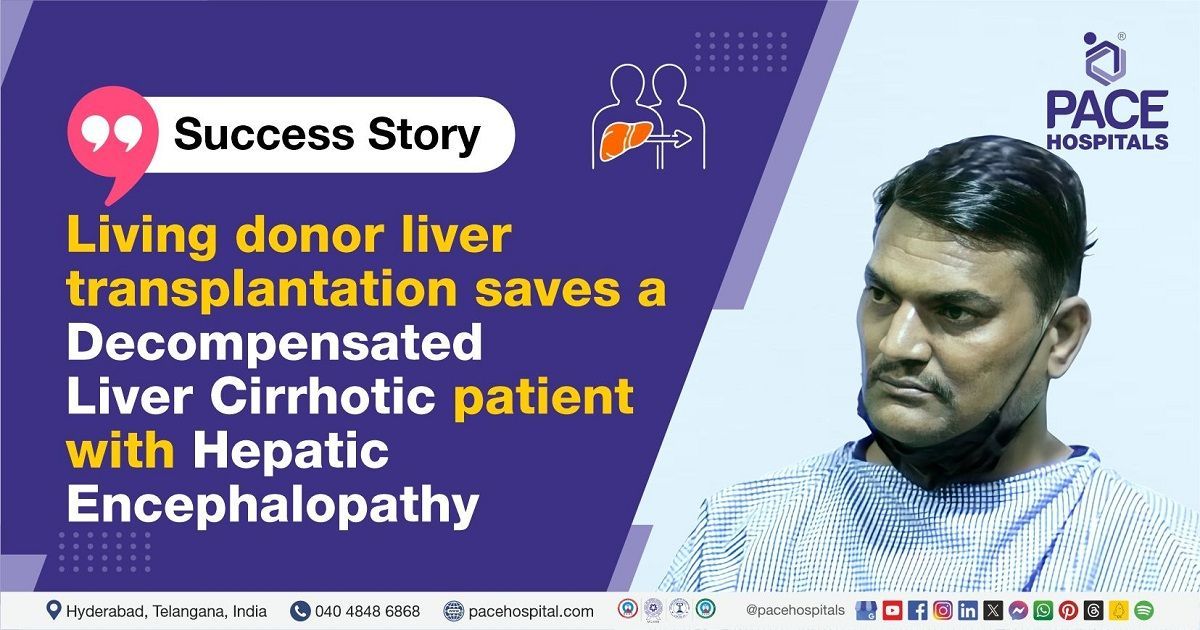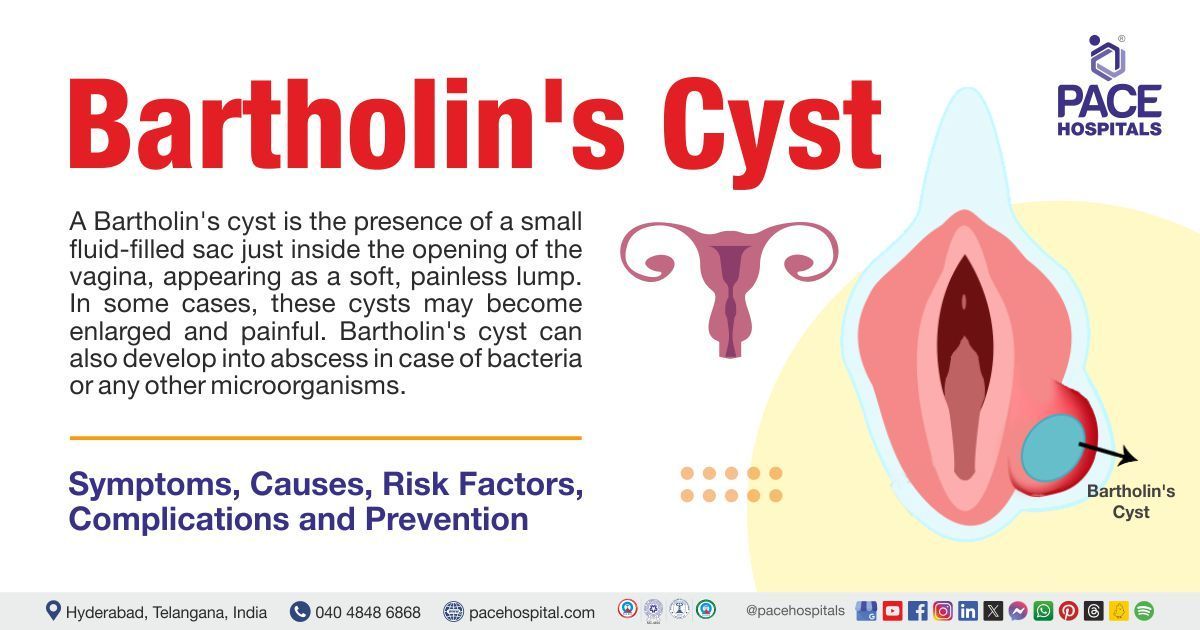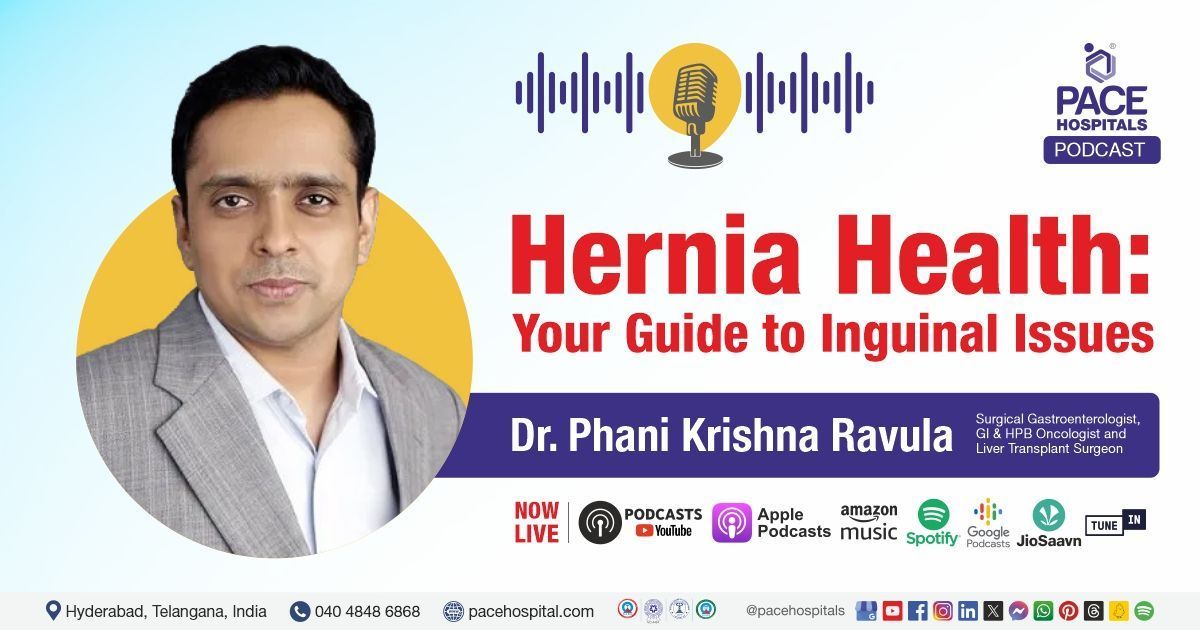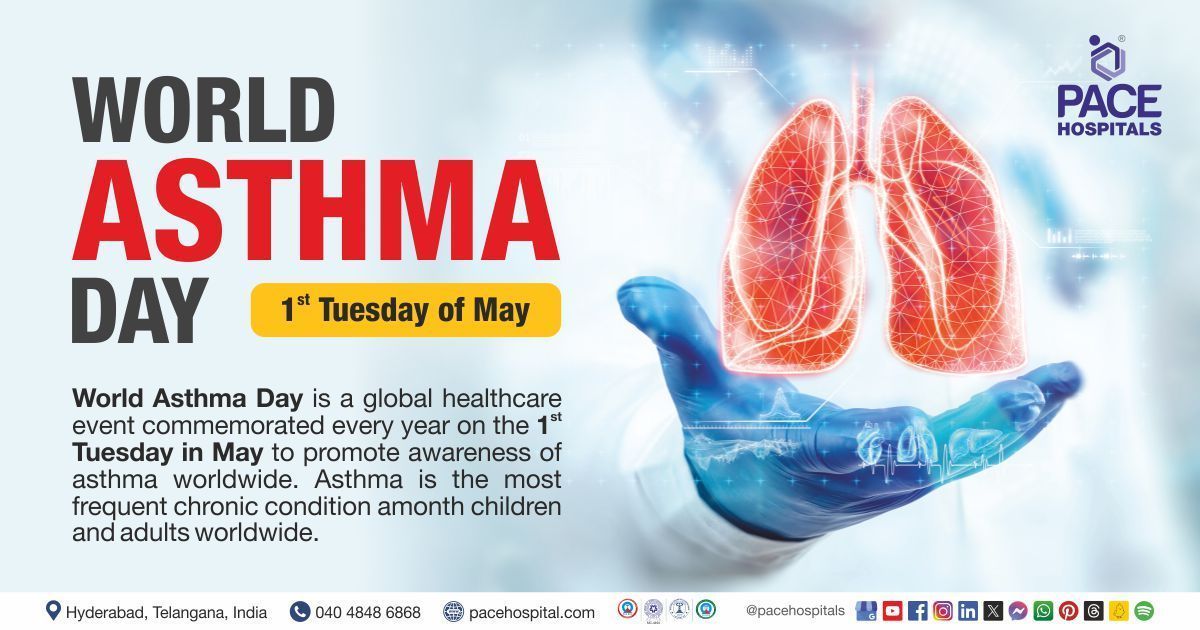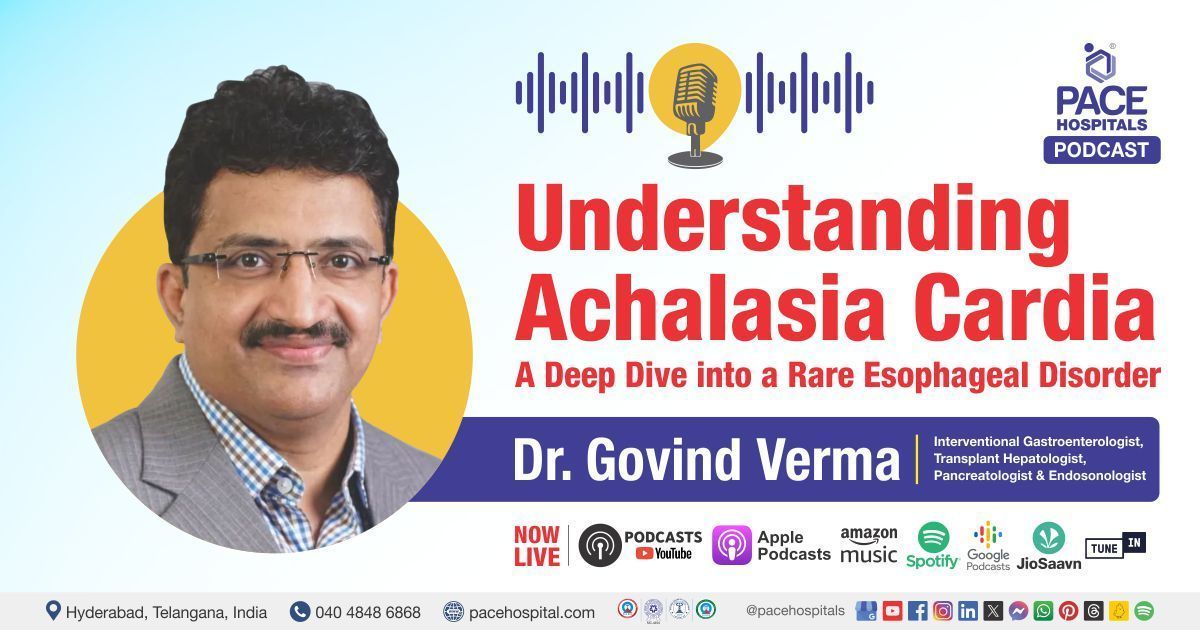Cervical Cancer Unveiled - Navigating Awareness, Treatment and Prevention
Listen to
-
Transcript
Hello and welcome to PACE Hospital podcast where we embark on raising awareness about cervical cancer, a critical health issue affecting lacks of women worldwide.
Joining us today, Dr. Ramesh Parimi – Senior Consultant Surgical Oncologist, having 35 years of expertise in treating and managing cervical cancer. In today's episode, he would like to delve into the importance of understanding cervical cancer, its risk factors, prevention strategies and the significance of regular screenings.
Dr. Ramesh Parimi, thank you for joining us at PACE Hospitals, Hitech city.
Thank you very much for inviting me to share views about cervical cancer awareness, prevention and treatment. I'm too happy to share the views with you.
Dr. Ramesh Parimi thank you for joining us.
Could you discuss about the global impact of cervical cancer and emphasize the need for increased awareness and education?
Apart from uterine cancer, ovarian cancer and other cancers, we also have what is called cervical cancer, which is a cancer arising from the cervix of the uterus.
Cervix is part of the uterus which projects into the vagina. So cervical cancer is actually very prevalent, especially about two decades ago, it has been the largest killer of women in India because of cancer, so there are various reasons for that, and the commonest age group is around 50 year’s average.
It is actively menstruating woman is one category of individuals who are affected. So relatively, it is cancer affecting the younger woman, we can say that premenopausal woman. Well, that was because of the lack of awareness and because of lack of active screening on a war footing by the government and the social agencies and women's organizations that the cervical cancer was very high in incidence in India, most of the parts of India, especially the rural parts, and it was the largest killer among all the female cancers rather in women in India in that age group.
During the last two decades, lot of efforts have been put in and also better understanding of the etiology of the cancer, cervical cancer especially, the incidence has come down yearly. We are having about 65,000 of new cases diagnosed all over India. This of course, subject to correction this is the last census I'm talking about, the medical census.
So as per the cancer registry, about 60 to 65,000 new cases are diagnosed every year, which was about 85 to one lakh previously 20 years ago. Now, of course, breast cancer is taken over cervical cancer in a way.
So cervical cancer is still there and the awareness is very important in women and also there are some preventive aspects of that, multiple sexual partners, promiscuous and say sexual intercourse at engage then especially men who are not circumcised or having some problems infection and all that viral, especially with the glands, penis and perfuse, are also contributing to the genesis of cervical cancer.
Of late, about nearly 20 years now, it has been well established that the cervical cancer is also caused by a virus, human papillomavirus that is one strain. There are different strains in that 1116, 34, 35 and 36 are the main culprits which entered the cell and changed the DNA and the genome and the cell multiplies in a bizarre way, causing changes in the cervical cancer called dysplasia and anaplasia and cancer.
So not only the facts that lack of proper hygiene in the private parts, especially women in the rural folks, and the multiple partners and other etiology has enumerated. The HPV virus is one of the greatest agents, commonest agent to account for cervical cancer in young women and also head and neck cancers in certain population groups.
And as you might be aware, the vaccine has come in a big way to prevent this cancer, especially the HPV induced human papillomavirus induced cervical cancers. Gluxocompany and others are making it and these vaccines are given at a very early age to the young girls and boys.
Also, even before the girl resorts to sexual intercourse or indulges in sex, it's important that they are given at the proper time and proper number of doses, so that the vaccine can prevent, a large extent the cancers induced by the HPV virus.
Boys are also given because HPV is blamed in the genesis of upper aero digestive cancers, that is, head and neck cancer in men as well as women, that's why it's being given as preventive measure.
What are the stages and surgical treatments for cervical cancer?
Leaving behind other aspects which are discussed by other doctors of the team. Let me concentrate on the main treatment aspects. Cervical cancer treatment depends mainly on the stage of the disease.
One, one a, one b and one c are the stages where which are curable, and two a, in the sense, where the little spread is there cervical cancer into the adjacent area called parametria.
These are the two situations where a curative treatment is possible, either by a radical radiotherapy along with the chemotherapy, or a very good surgery called Wertheim's hysterectomy. So in early stages of cervical cancer, to put it very brief, surgery is the mainstay of treatment, because radiation has got its own side effects.
The individual may not agree for radiotherapy, and it's going to be about 30 to 35 days procedure, including intra cavity and all that, not only external radiation therapy.
So considering all these things in early stages of cancer, that is cervical cancer, stage one a, one b, one c, and probably a percentage of two a cases do very well and they get better cure rates to the extent of about 90%, 86% to 90% in stage one cancer treated by radical hysterectomy by surgery.
So the surgery consists of not only open method, but also nowadays for the last ten years, roughly, it has become very common to operate on cervical cancer patients in stage one year or early stage by using minimal invasive techniques, including laparoscopic, radical hysterectomy, wherein the uterus, the cervix and the tubes are all removed along with or without the ovaries and the lymph nodes where the disease might spread or the possibility of spread is there are also removed by this technique.
So it is a radical hysterectomy in the sense that we not only remove the uterus, cervix, the fallopian tubes and ovaries on one side are both ovaries, depending on the age and other factors. Along with this surgery on the uterus and the cervix, we also remove a part of the vaginal cup that is called upper part of the vagina.
Then comes the next stage of operation in the same sitting that is called lymphadenectomy that is the lymph nodes where the likelihood of spread cancer is there or removed the pelvic lymph nodes. So total hysterectomy along with a cup of vagina and pelvic lymph node removal or dissection is standard for them operation of type three, which is called very good operation and giving very good results few rates as good as any other modality of treatment including radical radiotherapy and the surgery is made very simple nowadays.
Hardly we transfuse blood during surgery and it takes about two and a half to 3 hours surgery be completed by a keyhole process. So surgery for cancer cervix is invoked is one of the most standardized ways of treating this cancer with a curative intention.
Previously we were giving radiotherapy also following surgery that is about 20 years back. I'm afraid now there is only single modality of treatment acceptable as the standard of care nowadays for a curable stage one or early cancers of cervix.
So being a surgical oncologist, I myself advocate strongly that Wertheim's operation or radical hysterectomy is the best option for curable early stage or stage one, two, I mean one ABC of cervical cancer.
This operation does not have any complications whatsoever, stay is also very minimal and it's one of the state of the art operation rooms and surgeons experience that matter to do this operation successfully without enduring resistance structures, especially the uterus which bring urine into the urinary bladder.
Advanced cases of cervical cancer may not be amenable for surgery because we may fail to remove the entire tumour tissue which has spread some parts of the pelvis, that is lower abdomen, that's called stage two, b or three, including enlarged lymph nodes which might be stuck to the pelvic wall, that's why surgery is forbidden in those cases probably a palliative type of not curated palliative type of radiotherapy with small dose of chemotherapy is advocated and the case stages.
Unfortunately, where the urinary bladder and rectum, the adjacent organs of cervix and uterus might be involved, including the vagina, in which case the treatment is just palliative and, in some cases, only supportive, including diversion of the urine, probably diversion of the faeces.
This is only just a palliative type of measure, curative surgery is possible and gives very good rates and prevention and screening are the mainstay of getting these cases diagnosed early stage and giving the best option of treatment, including radical surgery with very good cure rates and in a very simpler way.
Thank you, Dr. Ramesh Parimi, for sharing crucial information regarding the cervical cancer awareness to our listeners. Well friends, especially women who have been listening to this program, be aware of this. It is always there when you don't think it will manifest.
So cervical cancer has been the commonest some two decades ago, now it is not having said that, it is better to be very aware of this with gynaecological regular checkup, HPV vaccination before menarche and then following the group hygiene practices of internal genitalia and external genitalia is all I would like to say and follow these simple measures to prevent the development of this deathful cancer and be happy and be healthy.
If any of you have any further questions regarding cervical cancer, please don't hesitate to consult an oncologist. And remember that cervical cancer is a challenge, but by staying informed, supporting one another, and advocating for better resources and policies, we can create a future where cervical cancer is not only treatable but preventable.
We will be back with another episode on the PACE Hospitals podcast. Until next time, take care, stay informed, and be proactive about your health. Thank you.
Cervical cancer is primarily caused by the human papillomavirus (HPV), a common virus with various strains. While most HPV infections clear on their own, some persistent high-risk strains can lead to precancerous and cancerous changes in cervical cells.
Cervical cancer is a significant public health issue that affects women everywhere. It develops in the cervix, which is the lower part of the uterus that connects to the vagina. In this episode of the Cervical Cancer Awareness podcast, we will explore the complexities of cervical cancer to shed light on ways to understand, prevent, and support those affected by it.
Join the
PACE Hospitals Podcast with
Dr. Ramesh Parimi - Senior Consultant Surgical Oncologist at
PACE Hospitals, Hitech City, Hyderabad, India, to learn about how early detection and prevention of cervical cancer can be within our reach. By staying informed, advocating for regular screenings, and fostering a culture of open dialogue, we can work together to reduce the impact of cervical cancer on women's lives.
Request an appointment
Fill in the appointment form or call us instantly to book a confirmed appointment with our super specialist at 04048486868
Appointment request - health articles
Thank you for contacting us. We will get back to you as soon as possible. Kindly save these contact details in your contacts to receive calls and messages:-
Appointment Desk: 04048486868
Whatsapp: 8977889778
Regards,
Pace Hospitals
Hitech City and Madinaguda
Hyderabad, Telangana, India.
Oops, there was an error sending your message. Please try again later. We will get back to you as soon as possible. Kindly save these contact details in your contacts to receive calls and messages:-
Appointment Desk: 04048486868
Whatsapp: 8977889778
Regards,
Pace Hospitals
Hitech City and Madinaguda
Hyderabad, Telangana, India.
Our Locations
Subscribe to our newsletter and stay updated with the latest health information.
By clicking on subscribe now, you accept to receive communications from PACE Hospitals on email, SMS and Whatsapp.
Subscribe to PACE Hospitals News
Thank you for subscribing. Stay updated with the latest health information.
Oops, there was an error. Please try again submitting your details.
-

Payment in advance for treatment (Pay in Indian Rupees)
For Bank Transfer:-
Bank Name: HDFC
Company Name: Pace Hospitals
A/c No.50200028705218
IFSC Code: HDFC0000545
Bank Name: STATE BANK OF INDIA
Company Name: Pace Hospitals
A/c No.62206858997
IFSC Code: SBIN0020299
Scan QR Code by Any Payment App (GPay, Paytm, Phonepe, BHIM, Bank Apps, Amazon, Airtel, Truecaller, Idea, Whatsapp etc)
Call us at 04048486868
ADDRESS
PACE Hospitals
Hitech City : Beside Avasa Hotel, Pillar No. 18, Hyderabad - 500081
Madinaguda: Mythri Nagar, Beside South India Shopping, Madinaguda, Hyderabad - 500050
QUICK LINKS
Disclaimer
General information on healthcare issues is made available by PACE Hospitals through this website (www.pacehospital.com), as well as its other websites and branded social media pages. The text, videos, illustrations, photographs, quoted information, and other materials found on these websites (here by collectively referred to as "Content") are offered for informational purposes only and is neither exhaustive nor complete. Prior to forming a decision in regard to your health, consult your doctor or any another healthcare professional. PACE Hospitals does not have an obligation to update or modify the "Content" or to explain or resolve any inconsistencies therein.
The "Content" from the website of PACE Hospitals or from its branded social media pages might include any adult explicit "Content" which is deemed exclusively medical or health-related and not otherwise. Publishing material or making references to specific sources, such as to any particular therapies, goods, drugs, practises, doctors, nurses, other healthcare professionals, diagnoses or procedures is done purely for informational purposes and does not reflect any endorsement by PACE Hospitals as such.

